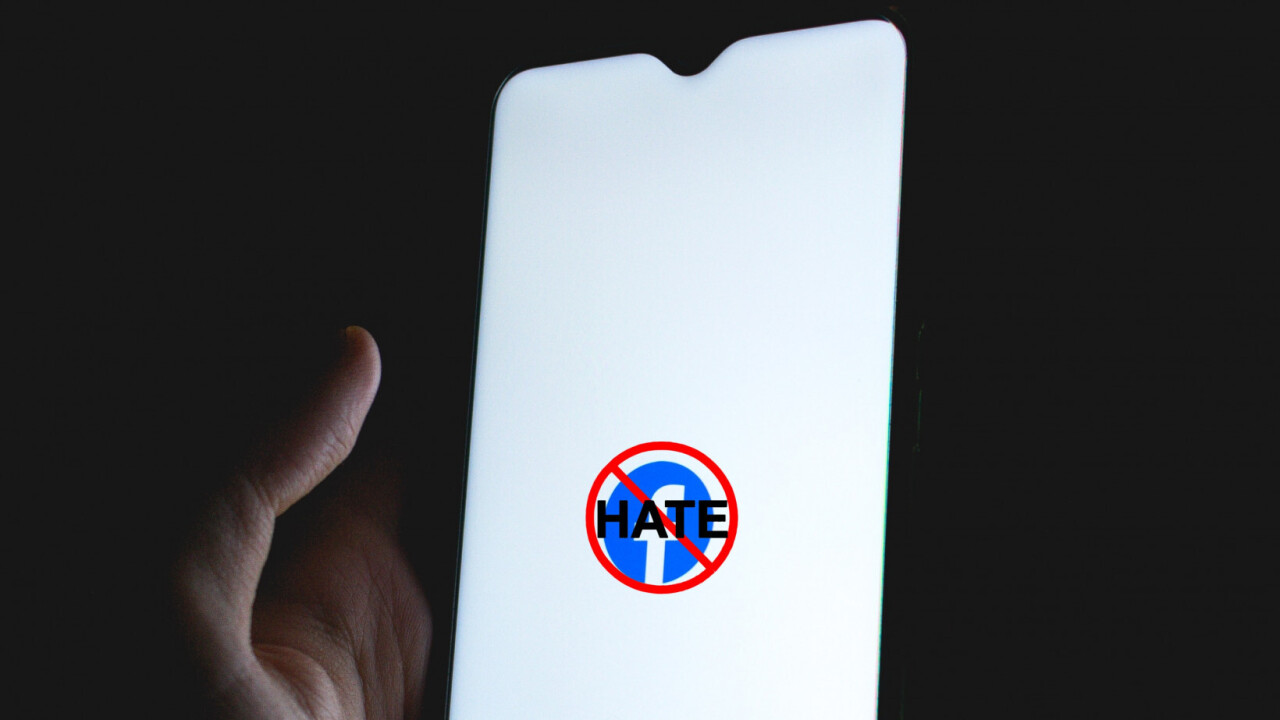Belgian startup Textgrain is building the world’s first AI model that will be capable of detecting hate speech online in all 24 official EU languages.
Founded in 2016, Textgrain is a spinoff from the University of Antwerp.
The company develops AI-based data management and analysis tools for enterprises, with services ranging from text analytics to measuring online sentiment on social media platforms and websites. It also focuses on the analysis of hate speech.
In June, Textgrain was among the four winners of the EU’s Large AI Grand Challenge, calling for innovations in generative artificial intelligence and large language models (LLM). The company won €250,000 and two million hours of development time on Europe’s supercomputers (LUMI and LEONARDO) — gaining access to faster AI model training.
Over the next 12 months, Textgrain will use the resources to build its own multilingual LLM. This will specialise in hate speech detection. However, while it will be able to recognise toxic language, it will not be able to generate it
With online hate speech rising across both the EU and the rest of the globe, Textgrain is joining recent scientific efforts to combat the phenomenon with LLM technology.
“Large language models, especially commercial ones, refuse to process toxic language. This makes it almost impossible to use them to process hate speech,” said Guy De Pauw, Textgrain’s CEO.
“We are now building a language model from scratch that can process this type of content — but without generating it.”
De Pauw believes that Textgrain doesn’t risk getting lost within a “saturated market” of AI providers, as the startup is building its own LLM, much like major players such as OpenAI and Meta.
Another differentiating factor, he said, is the startup’s academic approach and its collaboration with policymakers and social organisations.
The timing might also work to Textgrain’s advantage.
With the EU’s Digital Services Act (DSA) which came into force in February, all online platforms need to take measures to mitigate harmful content, including hate speech.
Following the LLM’s intended launch in 2025, Textgrain is planning to expand internationally and will focus on the development of further SaaS applications.
Get the TNW newsletter
Get the most important tech news in your inbox each week.





